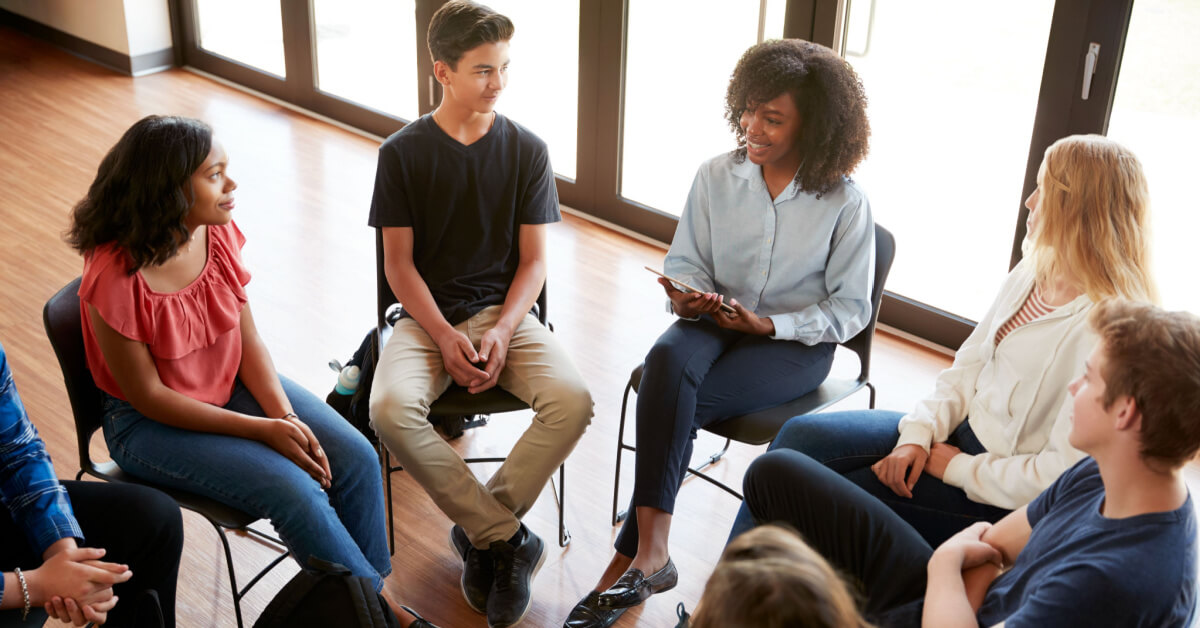October 26, 2022
My years of facilitating discussion in middle and high school Humanities classrooms taught me to wince at the phrase: “I have a quote.” Just as bad? “My quote is on …”
Why? As veteran teachers know: nine times out of ten what follows was wince-worthy, indeed … an earnest student re-reading a quote from the text and then looking up at the class (as if to say: there! My point is made!) and then at me (as if to say: Did you hear me use that textual evidence? Do I get points for it?).
The worst part? Often, students don’t even add any editorial of their own, so “their” contribution to the conversation is actually just re-reading a text we have already all read. As with most Humanities teachers, I love an evidence-based argument, but the phrases “I have a quote” and “My quote is on…” always seemed to be harbingers for evidence without an argument. Enter today’s Discussion Dilemma: Quote-Dropping.
Phenomena like Quote Dropping ultimately inspired me to spend nearly a decade studying classroom discussion and why it matters in our tech-centric, polarized world. At its best, class discussions where every student feels heard and…


